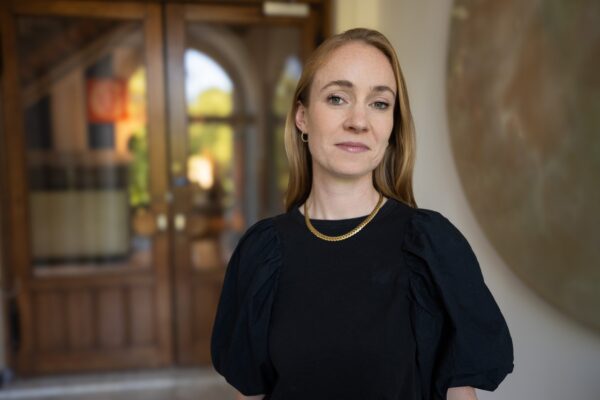In other words, the courts of which country are entitled to make decisions. For decisions with regard to children, such as the location of the primary place of residence and care arrangements, the general rule is laid down in Article 7 of the Brussels II Regulation. This specifies that the court of the country in which a child lives at the time of initiating court proceedings, i.e. has his or her habitual residence, has jurisdiction. The rationale behind this clause is that the court of the country in which a child lives has the best understanding of the child and his or her interests. This court is often also in the best position to initiate assistance for a child where necessary.
Exception to the general rule
However, in an Overijssel court ruling of 5 April 2023 (ECLI:NL:RBOVE:2023:2211), there was an exception to the general rule mentioned above. In this case, the parents had been engaged in court proceedings for several years. At the commencement of the proceedings, the child was living in the Netherlands. During the proceedings, the child moved to Germany with the mother. Despite the fact that the child was living in the Netherlands at the time that the proceedings were initiated, in this case the Dutch court asked the German court to exercise jurisdiction over the child and make a decision, under Article 12 of the Brussels II Regulation.
The Dutch court considered this to be in the best interests of the child, since the German court was in a better position to make a decision by then. The child had become well integrated in Germany in the meantime and in addition, it proved difficult for Dutch courts to enforce a decision in Germany. There were practical problems, as a result of which Dutch court decisions could not be enforced in Germany.
Which court makes a decision?
In short, even though there was an exception to the general rule in the case above, the basic principle is that the court of the country in which a child lives decides. After all, this court has the best understanding of the child and the options for helping him or her. It is difficult for a court to serve a child’s interests when he or she lives in another country.
More information
If you would like more information or have another legal question, please do not hesitate to contact us.

